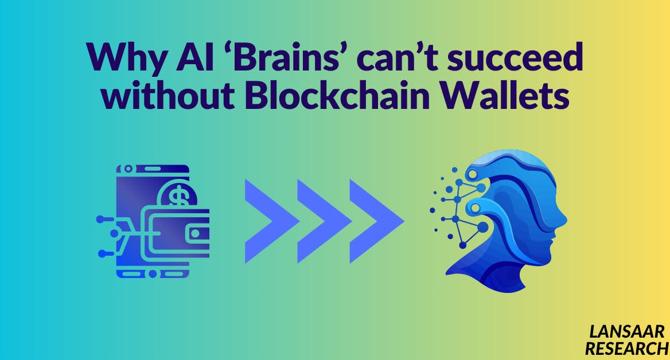Hackernoon
2d
180

Image Credit: Hackernoon
AI Agents and Smart Contracts Set the Stage for Micro-Transaction Economy
- AI agents leveraging blockchain-enabled smart contracts are reshaping the landscape of micro-transactions, allowing for automated real-time negotiation of contracts.
- The emergence of agentic AI is transforming the internet by enabling software to act independently and complete various tasks without constant supervision.
- The new internet economy thrives on micro-units of dollars, facilitated by blockchain-native stablecoins that offer low-cost, real-time settlement.
- Traditional payment systems face challenges such as floor pricing, latency issues, and FX dead-weight, making micro-transactions inefficient.
- Regulatory changes, like the Digital Asset Market Clarity Act in the US, aim to provide clarity and oversight for digital assets, fostering innovation in the space.
- Stablecoin volumes are predicted to surpass traditional payment processors like Mastercard by 2030, indicating a significant shift towards digital currency.
- The future may see the rise of agentic payroll, regulated data unions, and streamlined compliance processes driven by blockchain technology.
- While challenges like fraudulent activities may persist, effective regulation and technological advancements aim to establish trust and reliability in the digital economy.
- The intersection of AI agents, blockchain technology, and micro-transaction settlement is paving the way for a more efficient and transparent financial ecosystem.
- The ongoing developments in AI, smart contracts, and blockchain technology are laying the foundation for a trillion-dollar wave that prioritizes seamless value transfer.
Read Full Article
10 Likes
For uninterrupted reading, download the app